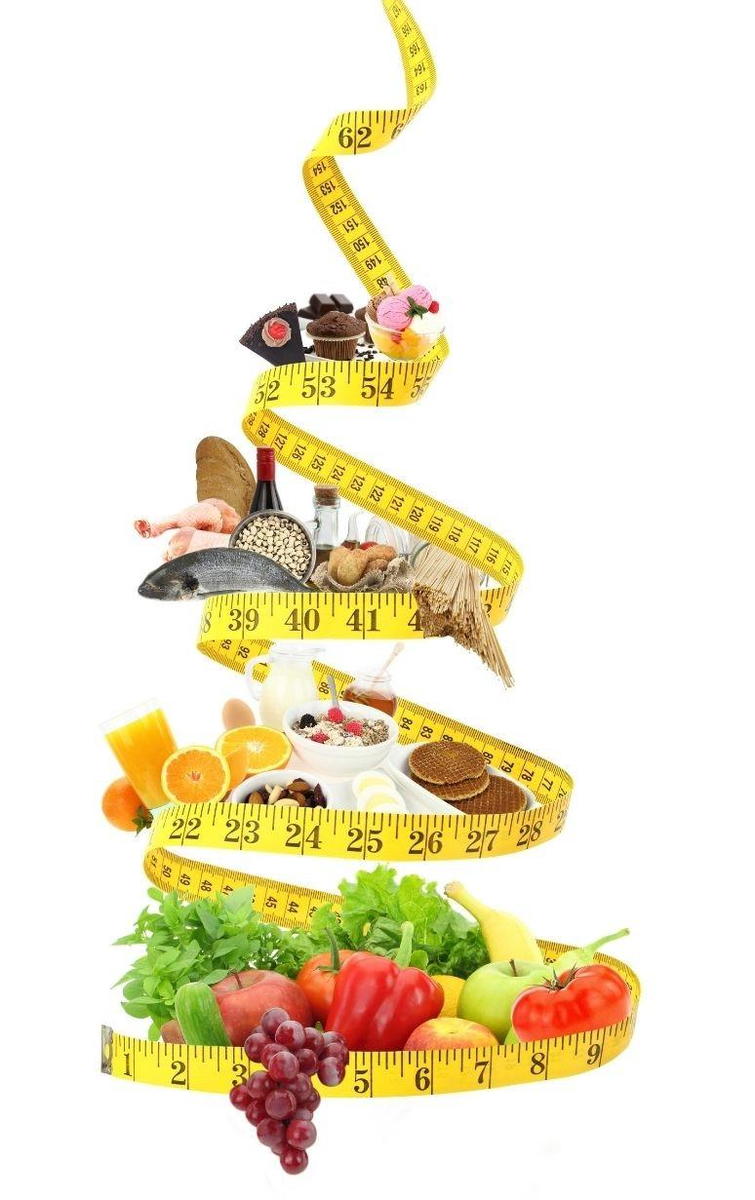The Anti-Inflammatory Diet
posted: Mar. 26, 2015.
The Anti-Inflammatory Diet...
It's not a trendy diet for weight loss (although many people do shed a few pounds when choosing this as their diet). It is a very healthy diet that reduces inflammation throughout the body and has been shown to help (some would say cure) many health conditions. Some doctors have reported incredible success for patients that strictly adhere to the diet, results such as patients reducing or not needing their medications any longer for chronic health conditions. People suffering from arthritises, skin conditions, allergies, autoimmune conditions, irritable bowel conditions, cardiovascular issues and many/most other conditions have responded, in varying degrees, by adhering to the diet. While it would not be recommended to stop taking medication that has been prescribed by a doctor, if a person could shift their diet and experience significant health benefits, the doctor may decide to lower the dose or take a person off of medication.
You ask, "What's the catch?" 
You eat good, real food...that's it...in moderate amounts of course.
There are a few details to share. Let's start with what to eat, then we will comment on what to avoid or eliminate if you want to be strict or use the Anti-Inflammatory Diet as a treatment for a health condition.
Carbohydrates: (around 40-50% of caloric intake) Eat whole grains with low glycemic index, brown or wild rice, bulgur wheat, quinoa, steel cut oats, etc. This is a very important component to the diet. The "catch" for many people is the elimination of the high glycemic/refined carbohydrates.
Fats: (around 30% of caloric intake) Eat plenty of omega-3s, Olive oil is a good choice but is not ideal for high heat cooking, coconut oil is a healthy option but it imparts flavor, sunflower, safflower and canola oils are other options. Avocados are rich in healthy fats. Nuts, especially walnuts, almonds, cashews, flax seed and hemp seed are excellent scources of healthy fats. Salmon is an idaeal scource of healthy fat and protein. Fish oil supplements are beneficial as well; look for high levels of EPA and DHA in you supplement and look for a supplement that states that they have removed any residual mercury through distillation processes and has been third party tested.
Protein: (around 20-30% of caloric intake) Fish and small portions of lean meat are good. Vegatable protien sources like nuts, beans and soy are healthy additons to the diet.
More details: Need a snack? grab a piece of fruit. Berries are an excellent part of an anti-inflammatory diet. Most fruit is a good source of fiber, vitamins, minerals and healthy sugars. Vegetables are key to a healthy diet...lots of them...of all colors! Try to eat a large salad daily that contains hearty dark leafy greens and lots of veggies. Spicy food is actually inflammation reducing. Finally, (maybe most importantly) DRINK PLENTY OF WATER.
Specific foods and spices that are anti-inflammatory by nature (not mentioned above): Ginger, Turmeric, Garlic, Onions, Beets, Peppers, Cherries, Cloves, Oregano, Rosemary, Sage...
Supplements that integrate with the Anti-Inflammatory Diet: Curcumin (preferably standardized and synthesized for improved absorption), Fish oil, Vitamin C, and Zinc
What to avoid...most of this has become common knowledge but here you go...
Avoid (or eliminate):
-Sugar (and sugar substitutes)
-Refined Carbohydrates (kind of a large list of stuff..."google it" and/or come talk to us if you have questions)
-MSG
-Soda (all kinds, diet and regular...diet soda has been shown to be as bad or even worse for your health than full sugar soda)
-Alcohol (however, 1 glass of red wine daily is good for you)
-Fast Foods
-Fried Foods
-Processed Foods
-Packaged Foods
If you have concerns about how your diet may be impacting your health or a condition you are experiencing, or if you have questions about the anti-inflammatory diet, feel free to talk to your doctors at Gallatin Valley Chiropractic. 406-551-2177